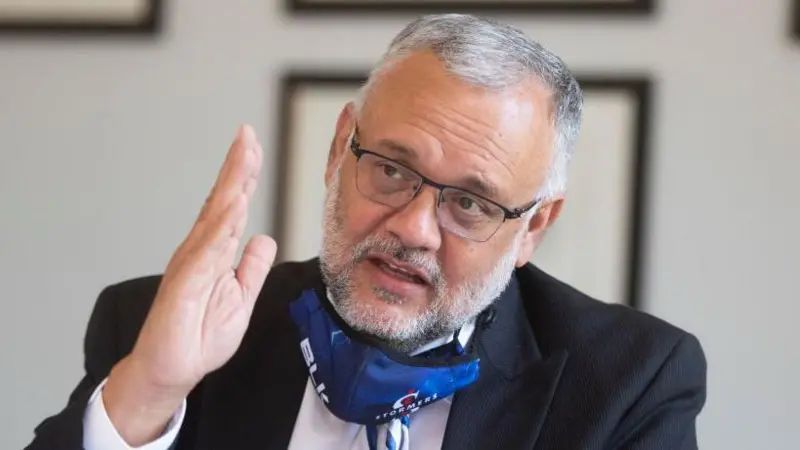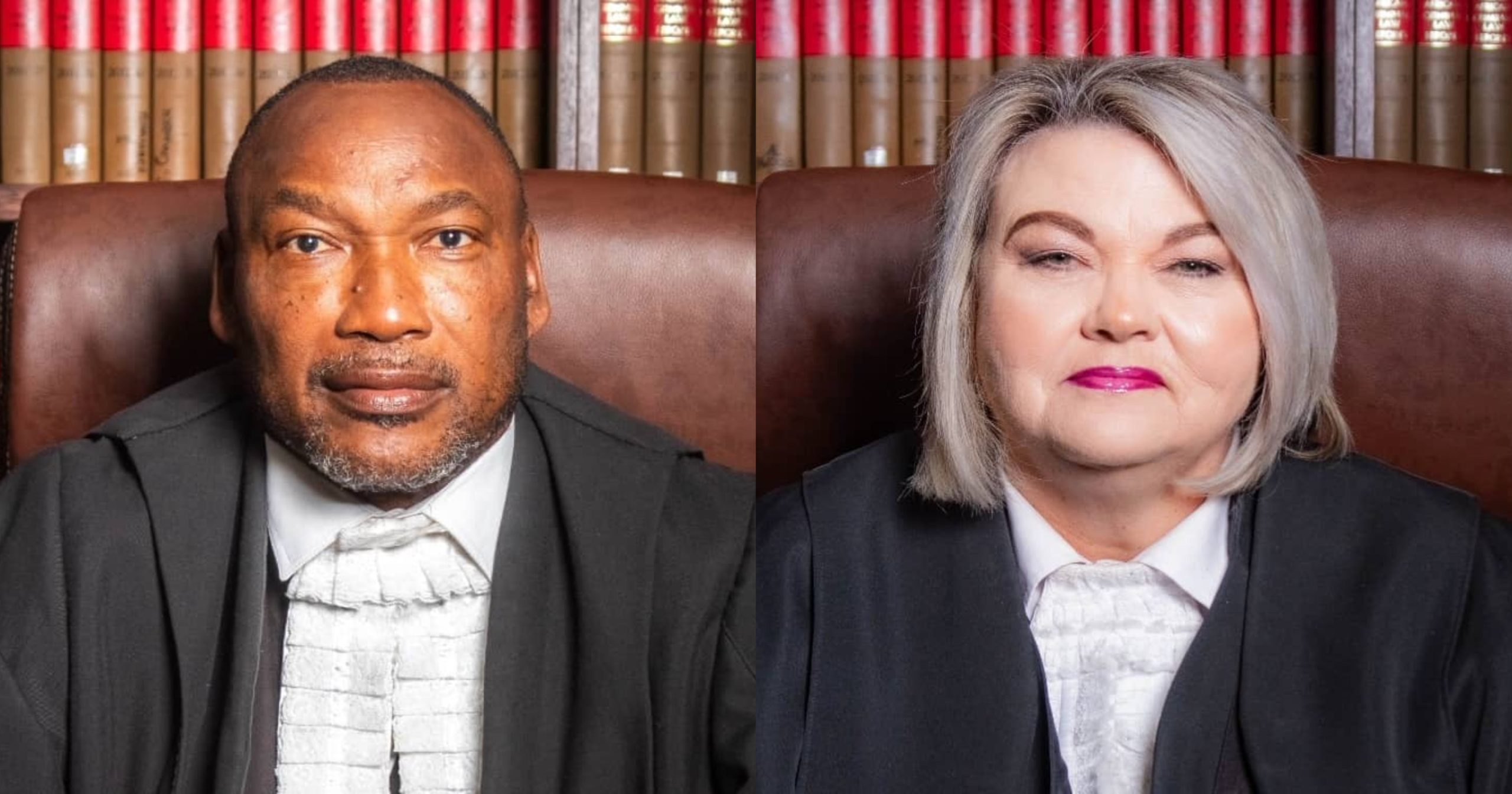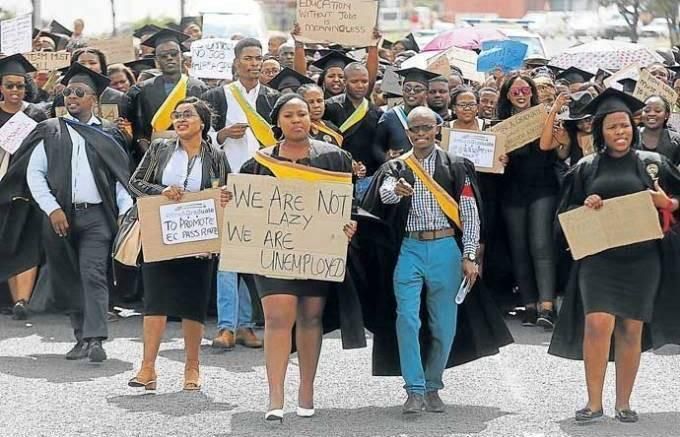Anti-Corruption Commission (ACC) director general Paulus Noa says Namibia can learn from Nigeria about fighting corruption.
The two countries are considering a potential training agreement which will see the Nigerian anti-corruption commission sharing notes with Namibia on how to combat corruption.
The training was proposed by Namibian high commissioner to Nigeria Humphrey Geiseb.
According to the 2024 Corruption Perceptions Index of Transparency International, Nigeria ranks 145th out of 180 countries in the world, while Namibia ranks 59th.
Noa says Namibians can benefit on topics such as asset recovery and legal assistance.
He says any effort made to build the capacity of ACC officials is welcome.
“Many countries are no longer interested in Transparency International because the way they rate countries is dubious. They will never give you a proper indication of what their concentration is,” Noa says.
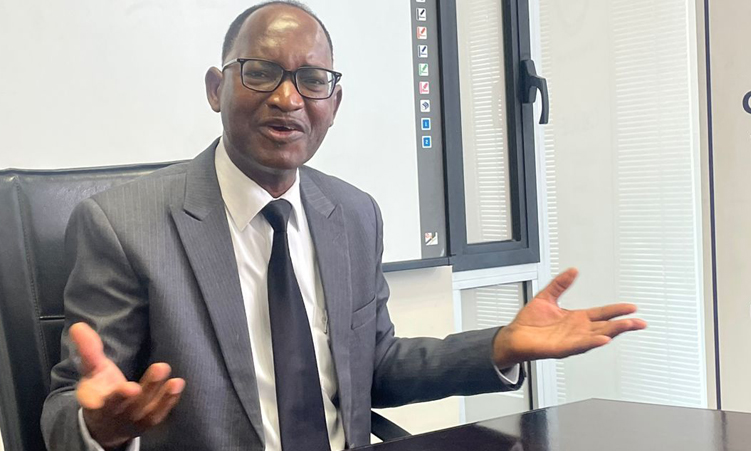
He says it would be unfair to discuss Nigerian affairs as it is a different sovereign state.
“You don’t need to poke your nose into their affairs. We live on one continent and we are one, a small village, and we need each other to effectively fight corruption – especially this transnational crime,” Noa says.
Political analyst Rui Tyitende, however, questions what Nigeria could advise Namibia on as it is one of the most corrupt countries in Africa.
“Nigeria is corrupt to the core, and we are seeking assistance from the epitome of global corruption. This is a serious joke and the Namibian officials’ heads who sanctioned these possibilities should be examined,” he says.
The Ministry of International Relations and Cooperation has confirmed that Namibia and Nigeria are in discussions regarding a potential partnership on anti-corruption training.
According to the ministry’s acting executive director, Jeroboam Shaanika, the training collaboration aims to strengthen Namibia’s anti-corruption efforts by leveraging Nigeria’s expertise.
He says the Independent Corrupt Practices and Related Offences Commission, along with Nigeria’s Economic and Financial Crimes Commission, plays a pivotal role in combating corruption in Africa’s largest economy, making them suitable counterparts for Namibia’s ACC.
“They are two Nigerian institutions which are responsible for the Nigerian government’s anti-corruption efforts, and they are the counterparts of the Namibian ACC,” he says.
Shaanika says specific areas of training will be outlined in future negotiations between the two countries.
The proposed agreement is currently under consideration by the Namibian attorney general’s office, before seeking final approval from the Cabinet.
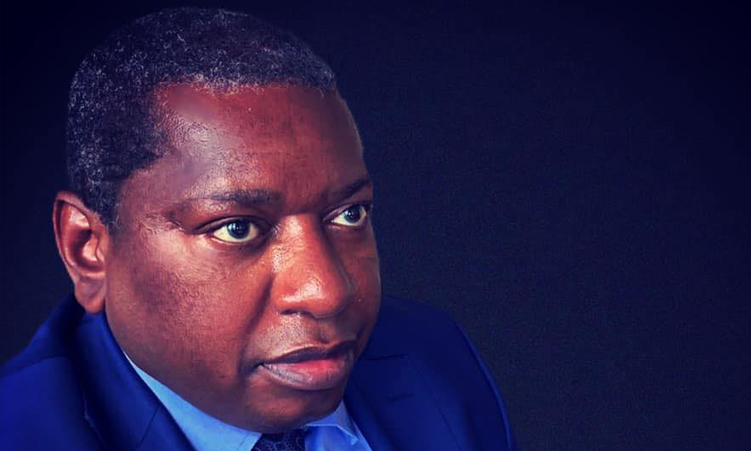
Although no agreement has been signed yet, Shaanika says this initiative aligns with Nigeria’s ongoing leadership in Africa’s fight against corruption, symbolised by the recent appointment of former Nigerian president Muhammadu Buhari as the African Union Anti-Corruption Champion.
“The specific areas of expertise will be agreed upon by the relevant institutions during the negotiations of the agreement. All agreements in Namibia are being scrutinised by the Office of the Attorney General before final approval from the Cabinet is sought,” he says.
The agreement follows a meeting on 11 October where the chairman of Nigeria’s Independent Corrupt Practices and Related Offences Commission, Aliyu Adamu, extended an offer to train local ACC officers at the ICPC’s training school in Keffi, Nigeria.
The gesture was welcomed by Geiseb, who expressed interest in bringing the offer to the attention of the relevant Namibian institutions.
– Additional reporting The Brief
Stay informed with The Namibian – your source for credible journalism. Get in-depth reporting and opinions for
only N$85 a month. Invest in journalism, invest in democracy –
Subscribe Now!







